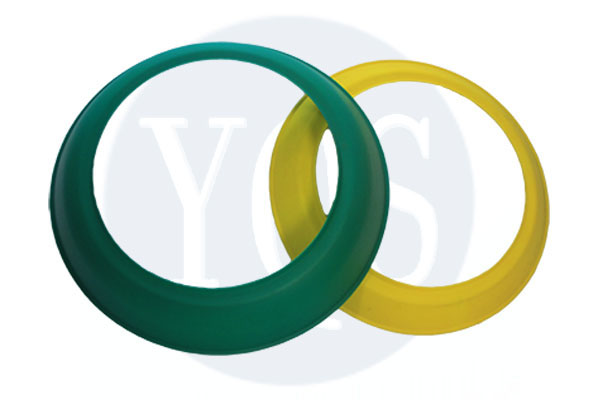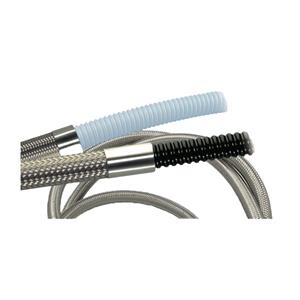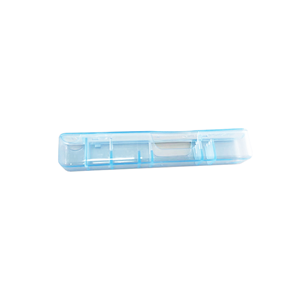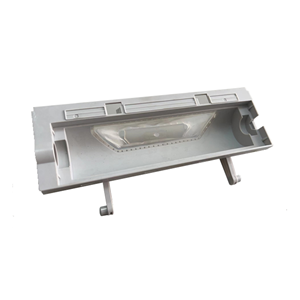The key application of bead separators in tire manufacturing
Basic concepts and structures of tire bead separators
The bead separator is an important functional component in the tire manufacturing process, located at the bead area of the tire. Its main function is to isolate and support the bead wire harness. This special component is usually made of high-strength rubber composite material and has the following typical structural characteristics:
Thickness: usually between 1.5-3.0mm
Hardness: Shore hardness 70-85 degrees
Shape: Designed into a specific contour based on tire specifications
Material: Generally, a composite formula of natural rubber and synthetic rubber is used
The core function of the tire bead partition
1. Structural isolation function
The bead partition effectively separates the bead wire bundle from the carcass ply, preventing mutual interference and friction damage between different material components. This isolation function can:
Maintain the structural integrity of the tire bead area
Reduce stress concentration between materials
Extend the service life of tires
2. Stress distribution optimization
Through precise design of tire bead separators, it is possible to:
Uniformly distributed stress in the tire bead area
Buffer the impact load during driving
Reduce the risk of fatigue damage in the bead area
3. Manufacturing process assistance
During the tire forming process, the bead separator plays a crucial role in assisting the manufacturing process
Fix the position of the tire bead wire
Maintain dimensional stability during molding
Increase productivity
Material selection of tire bead separator
Main material composition
Rubber matrix: usually using a composite system of NR/SBR/BR
Reinforcing filler: carbon black or white carbon black
Adhesive system: resorcinol formaldehyde white carbon black system
Antioxidant: Combination of antioxidant and ozone inhibitor
Material performance requirements
High modulus (ensuring support)
Low heat generation (reducing heat accumulation)
Excellent adhesion performance
Good fatigue resistance
Production process of tire bead separator
1. Mixing process
Using an internal mixer for multi-stage mixing, strictly controlling:
Mixing temperature (usually not exceeding 155 ℃)
Mixing time (total time approximately 8-12 minutes)
Feeding sequence (add raw rubber and some fillers first)
2. Rolling forming
Preparation of partition film through precision rolling equipment, key control points:
Thickness tolerance (± 0.05mm)
Width consistency
SURFACE QUALITY
3. Cutting and pre forming
According to the tire specifications:
Angle cutting (usually 30-45 °)
length control
End overlap treatment
Key points for quality control of tire bead separators
1. Dimensional accuracy control
thickness deviation
Width consistency
length tolerance
2. Physical performance testing
Hardness test
tensile strength
tear strength
adhesive property
3. Durability assessment
Dynamic fatigue testing
heat aging property
Ozone aging test
Evaluation of the application effect of tire bead separators
Performance improvement performance
30-50% improvement in tire bead durability
Improvement of tire uniformity by over 20%
Reduce early damage to the tire bead area
Economic Benefit Analysis
Reduce tire repair rate
Extend the service life of tires
Improve product market competitiveness
Future Development Trends
Application of New Materials: Developing Higher Performance Nanocomposites
Structural optimization: Optimizing partition shape design through finite element analysis
Intelligent Manufacturing: Introducing Automated Inspection and Intelligent Control Systems
Environmental protection direction: Developing recyclable and environmentally friendly partition materials
As a key component of tires, the technological progress of tire bead separators will continue to promote the improvement of tire performance and the optimization of manufacturing processes.





